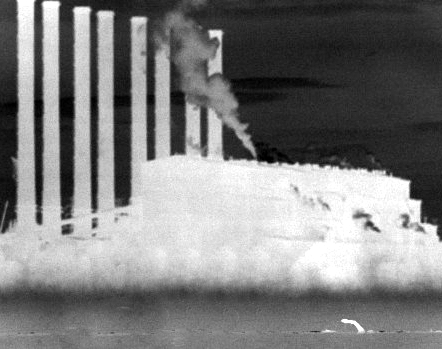Committee calls for death of coal
 A Labor-led Senate committee has recommended retiring Australia’s coal-fired power stations and not funding new ones.
A Labor-led Senate committee has recommended retiring Australia’s coal-fired power stations and not funding new ones.
The Senate select committee draft report into electricity resilience made calls that have been “fundamentally rejected” by the Coalition, which called it “a report that is so biased that it could have been written before the inquiry even commenced”.
The report calls on the Federal Government to “stop providing public financing for new coal-fired power plants, noting such public support would not represent value for taxpayer money, violate notions of competitive neutrality and would not be consistent with meeting international emission reduction objectives”.
The recommendations were made by Labor senators Jenny McAllister, Alex Gallacher and Anne Urquhart, whose party has not yet taken up an outright halt on public funding of coal.
The recommendations note “that coal-fired power generation will continue to play a significant role over the coming decades”.
Greens energy spokesperson Adam Bandt said Labor leader Bill Shorten should pay attention.
“I am pleased that some in Labor now agree with the Greens that no public money should go to building new coal-fired power stations, as the Turnbull government was urging in the middle of Cyclone Debbie,” he said.
“A clear plan to retire coal from the system means new renewables will start getting built and communities can be supported through the transition.”
Deputy Prime Minister Barnaby Joyce said earlier this year that he does not have a problem with government funding for more coal-power stations.
“We own one of the biggest sections of the resource and we are the biggest exporter of coal. It's morally prudent upon us to be at the forefront of the technology,” he said.
ABS stats show the coal mining industry employs 55,000 people directly and another 145,000 in related areas, which some suggest could be why Labor has not more stridently pushed for coal-fired plants to shut down.
“The federal government [should] establish mechanisms to support a just transition for workers and communities resulting from the retirement of aging power generators, including a national framework for worker redeployment schemes modelled on the Victorian government's Latrobe Valley Worker Transfer Scheme,” the committee found.
“The Australian government [should] end the uncertainty about national energy policy, and develop a stable and consistent policy (such as an emissions intensity scheme) that can support investment in new energy infrastructure whilst meeting Australia's international climate change obligations.”







 Print
Print